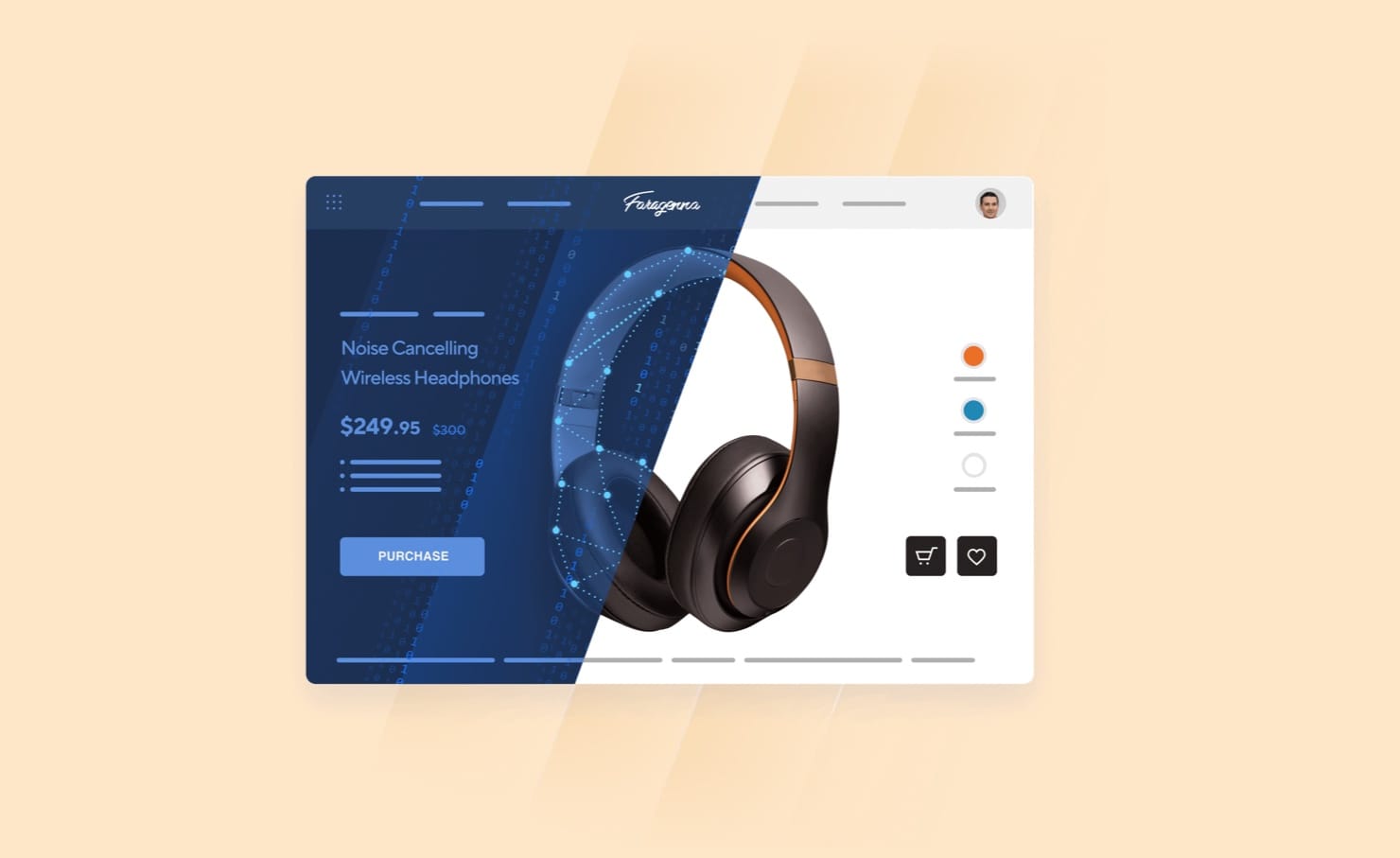Gourmet Marketing Partners with AccessiBe to Help Hotels & Restaurants Become WCAG Compliant
Gourmet Marketing
 Website accessibility is an essential metric in gauging the quality of websites in 2021. The ability of people with disabilities to interact reasonably well with a business’s website is an excellent indicator of inclusivity. Today, guidelines on accessibility are drawn from the Americans with Disabilities Act, Title 3, and Web Content Accessibility Guidelines.
Website accessibility is an essential metric in gauging the quality of websites in 2021. The ability of people with disabilities to interact reasonably well with a business’s website is an excellent indicator of inclusivity. Today, guidelines on accessibility are drawn from the Americans with Disabilities Act, Title 3, and Web Content Accessibility Guidelines.
Adherence to these guidelines helps companies protect themselves from lawsuits, but more importantly, it ensures that a significant portion of the population can access a business’s content. 20% of the population has at least one form of disability.
Gourmet Marketing has partnered with AccessiBe, an Artificial Intelligence solutions firm that seeks to help small business websites become usable by people with different forms of disability. The partnership aims to help our partners, hotels, and restaurants especially, that it is possible to attain ADA and WCAG compliance at a cost cheaper than what a Title 3 lawsuit could cost in terms of compensation.
How Does AccessiBe Work?
Manual remediation of content is expensive, both in terms of time but also paying for the person-hours. It involves going over each line of code that was written when creating the website. AccessiBe uses AI to automate the whole process.
Once a client signs up for AccessiBe, they are provided a single line of Javascript code to paste on their website’s code. An accessibility interface appears on the front end of their website. The AI technology then scans and analyzes the website within 48hours to make it accessible and compliant. A scan happens every 24 hours to scour for new content or new fixes that need to be made. When a user with a disability visits a compliant website, they can pick from a number of pre-prepared profiles so that AccessiBe can make the necessary adjustments depending on their disability.
Blindness, Motor Impairments, and Cognitive Disability
AccessiBe is superior to existing solutions for website accessibility. For instance, blind users use screen readers to read web content aloud. Their main weakness is their inability to read images, which can deny blind users the intended website experience. Acessibe’s solution uses computer vision to give accurate descriptions of images. It also relies on ARIA attributes to provide richer context to users.
For users with motor impairments, AccessiBe makes websites navigable using a keyboard. It does this by making alterations to a website’s code. People with motor impairments can close dialog boxes, pop-ups, open drop-down menus, and so forth. AccessiBe is also able to help people with cognitive disabilities understand such things as slang and abbreviations. These tend to be confusing to people with limitations in their cognitive ability. AI technology ensures proper context, and it is easy for these people to misunderstand.
AccessiBe can also help people with partial vision, hearing impairment, and people with epilepsy interact better with websites. For hearing loss, the solution involves providing captions for videos and sign language interpretation. To learn more, check out their service description page.
AccessiBe have developed their solution in collaboration with people who have lived with disability. They have thus tested and ensured that the answers give a far superior experience to these users when deployed on websites. Currently, more than 100,000 websites use AccessiBe.
In conclusion, making websites usable to people to people with disabilities is not only good for revenue increment and the reputation of a brand. Avoiding an ADA lawsuit not only protects the hotel from fines but also helps build up the brand as an all-inclusive one. AccessiBe aims to make the compliance process as smooth and cost-effective as possible. Check them out now!
Success under construction.